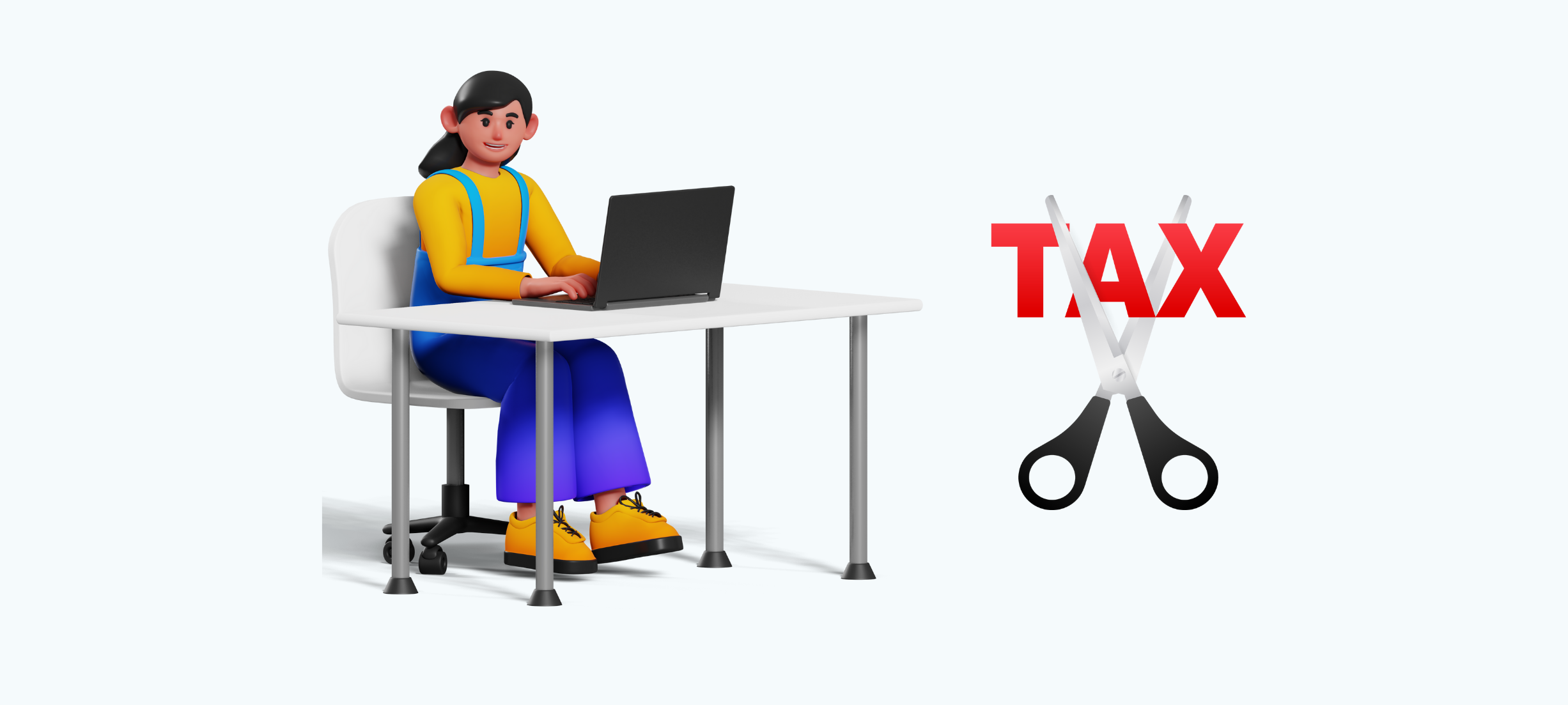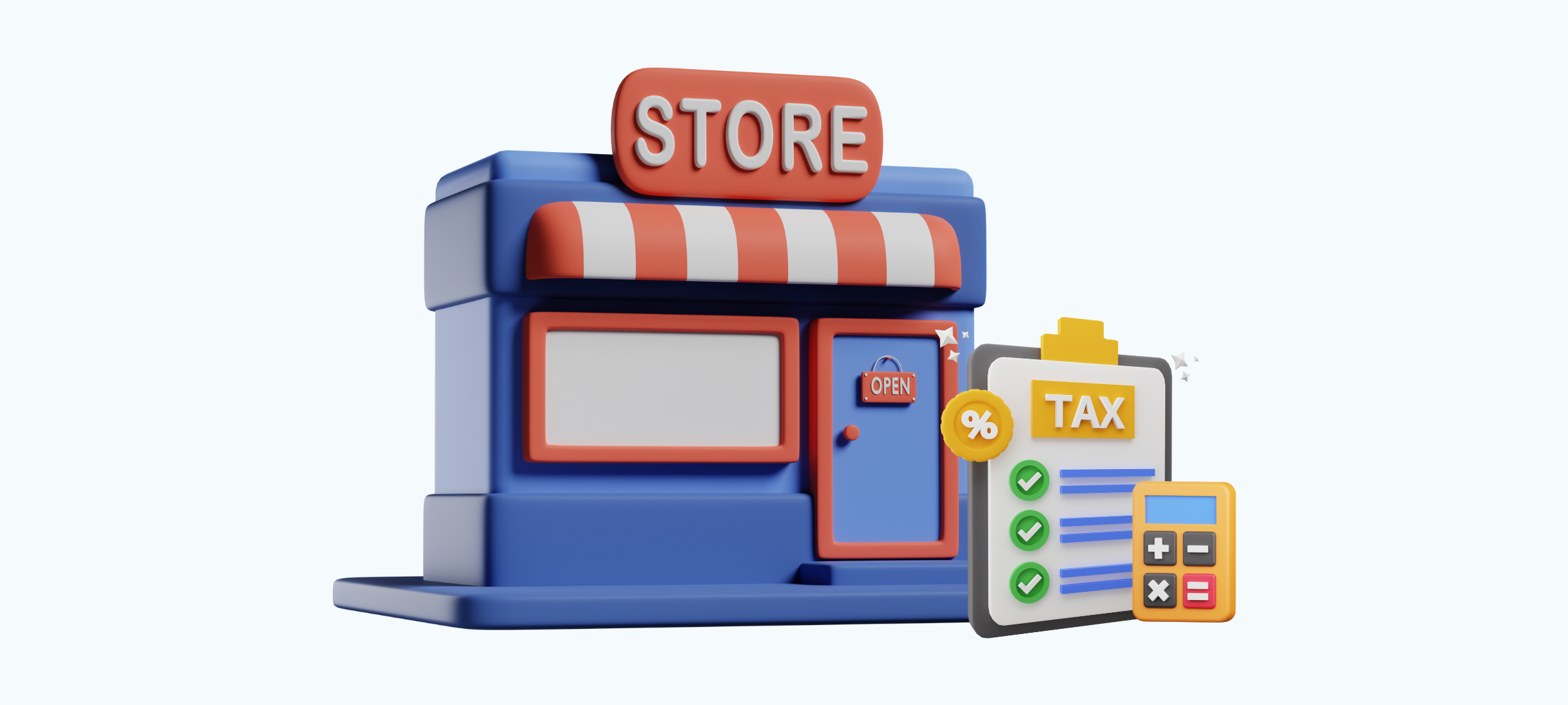
Even the most well-organized small business owners can find themselves facing a looming tax filing deadline with critical tasks still outstanding. This might include gathering and organizing financial information, clarifying uncertainties regarding tax deductions, or encountering scheduling limitations with your tax advisor. Additionally, delays in receiving reporting forms from other institutions can further complicate the filing process.
The good news is that most business entities are eligible to request a tax extension for their small business. This blog will explore the key considerations for small businesses seeking a tax extension, including the implications of what filing a tax extension for my small business does and does not do, and the proper procedures for submitting the request.
A tax extension is essentially a formal request made by individuals or businesses to the Internal Revenue Service (IRS) seeking additional time beyond the standard filing deadline, typically April 15th, to submit their tax returns. This extension provides a grace period during which taxpayers can gather necessary financial documents, ensure accuracy in their filings, and complete any outstanding paperwork.
For businesses, especially small enterprises, this extra time can be invaluable in sorting through complex financial records, navigating various deductions and credits, and ensuring compliance with tax laws and regulations. By delaying the filing deadline, businesses can alleviate some of the time pressures associated with tax season and strive for greater accuracy and completeness in their tax submissions.
However, it's essential to understand that a tax extension does not translate to an extension for tax payments. Regardless of whether a taxpayer obtains an extension for filing their return, any taxes owed to the IRS must still be paid by the original due date to avoid potential penalties and interest charges.
Tax season can be stressful, and sometimes you just need more time. Here's how to request a business tax extension:
If you own a business and you're rushing to meet tax deadlines, the IRS offers a few forms to help you get an extension. Here's a closer look at each form and what it's used for:
Application for automatic extension of time to file certain business income tax, information, and other returns
This is the most common form for businesses seeking an extension. It allows you to automatically request a six-month extension to file your federal income tax return (Forms 1120, 1120S, or 1065).
Extension of time for payment of taxes by a corporation expecting a net operating loss carryback
This form is for corporations that anticipate a net operating loss (NOL) for the current tax year. An NOL is when your business expenses are greater than your income.
Form 1138 allows you to potentially offset the NOL by applying a refund from a profitable previous year's tax return. This essentially reduces your current tax liability.
Application for extension of time to file certain employee plan returns
Running a business often means managing employee tax returns as well. Form 5558 gives your company more time to gather the necessary information and complete these employee tax filings.
Application for extension of time to file an exempt organization return
This form applies to businesses that qualify for tax-exempt status under the IRS code (like non-profits or charities). Form 8868 allows these organizations to request an automatic three-month extension to file their annual information return.
Remember, while these forms grant you more time to file, they don't automatically extend your deadline for making any required tax payments. It's always best to consult with a tax professional to ensure you're filing the correct forms and meeting all your tax obligations.
A tax extension can be a helpful tool, but it's important to understand both the advantages and disadvantages before you decide to file one. Here's a breakdown of the key pros and cons:
Having organized records makes filing your business taxes a breeze and helps if you ever face an audit.
Remember, these tools work best when combined with a thorough review by your small business accountant or accounting team.
Filing a tax extension buys you valuable time but remember to pay your estimated taxes by the original deadline. BookkeeperLive can help you stay organized, minimize errors, meet filing deadlines, estimate your taxes, and prepare for next year so you can avoid extensions in the future.
1. Do I need to pay my taxes to get a filing extension?
No, the IRS grants extensions to file, not to pay. You can request an extension even if you owe taxes. However, remember that the extension only applies to filing, not tax payment. Interest and penalties will accrue on any unpaid balance from the original due date (typically April 15) until the tax is paid in full.
2. Is it bad to get a tax extension?
Not at all! Extensions are a legitimate way to gain more time to file your return accurately. There's no penalty for filing an extension as long as you submit it by the extended due date (October 15 for federal taxes).
3. Can I get an extension beyond October 15th?
In rare situations, the IRS may grant an additional extension if you can demonstrate reasonable cause for the delay.
4. Should I always get a tax extension?
Extensions are beneficial when needed, but filing on time is generally encouraged. If your tax situation is straightforward and you have all your documents in order, aiming for the original due date helps avoid potential late fees and interest.
BookkeeperLive provides affordable bookkeeping and accounting services tailored to your business goals.





No calls, No meetings, No spam. Get started with a free trial by filling out the form.
*NDA included for your data protection.
Copyright © 2025 BookkeeperLive. All rights reserved. Privacy Policy Terms of Use
Please visit our India site to see services designed for your country
Enter the code, fill out the form, and unlock financial clarity with a free trial.